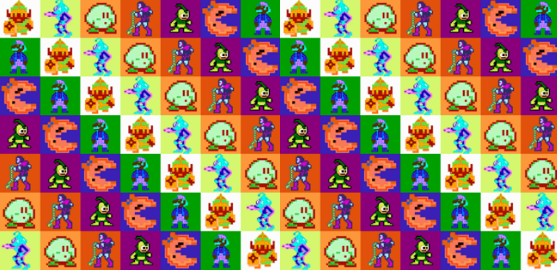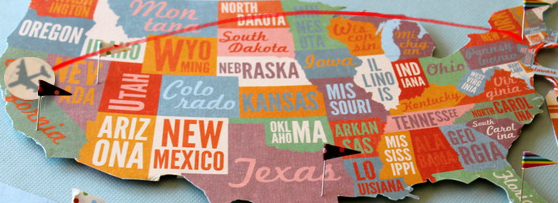Tag: tour

Posted in Blog
Why Bolivia matters to the future of digital economies (plus three talks and one new book!)
It’s been a few months in the making, and now it’s happening: I’ll be in Bolivia to deliver a few… read more Why Bolivia matters to the future of digital economies (plus three talks and one new book!)
admin 5 July 2018
New York to San Francisco: my U.S. conference tour (October 20-29, 2015)
If you happen to be in one of these fine US cities, come meet me. I’ll be on a tour… read more New York to San Francisco: my U.S. conference tour (October 20-29, 2015)
admin 3 October 2015
